By Sheila McMahon,
Qualified Counsellor Reg. MBACP, FTP and Comedienne
Mental Health Counsellor and Comedienne Sheila McMahon has written a column on staying sane in these troubled times.
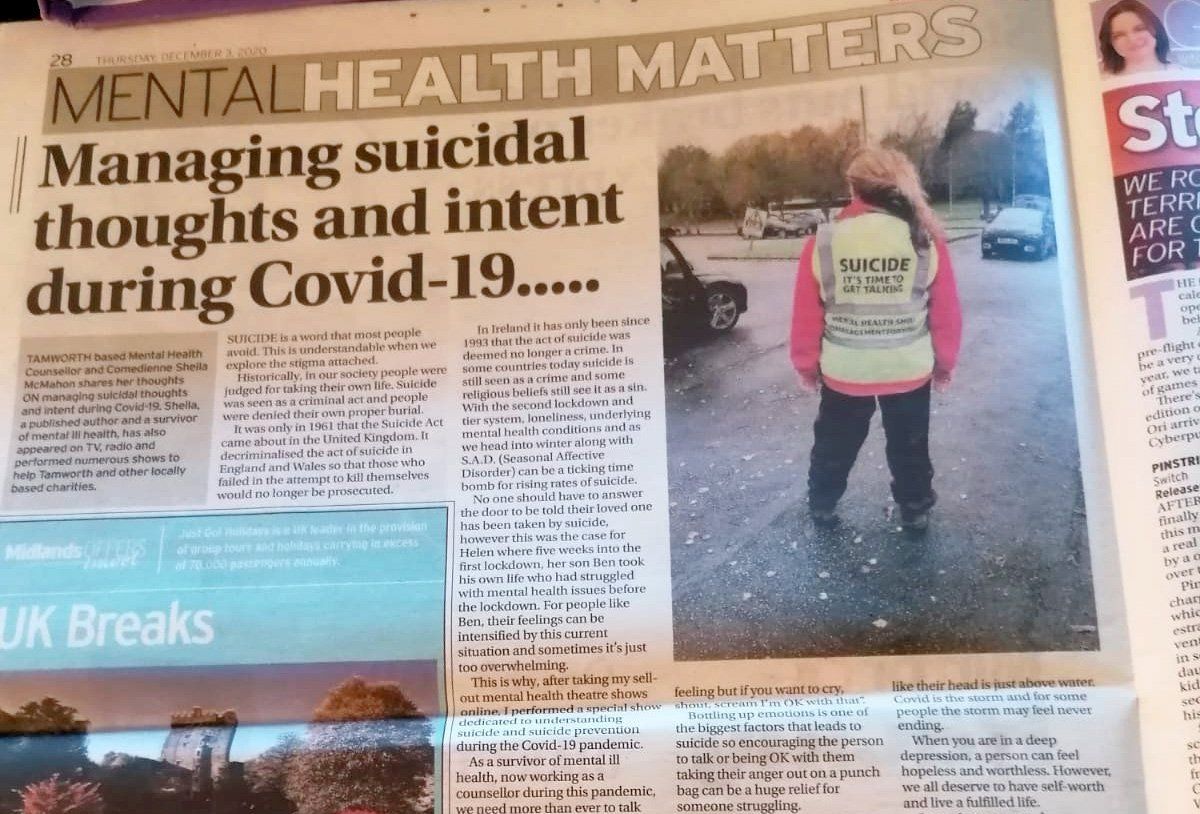
By Sheila McMahon,
Qualified Counsellor Reg. MBACP, FTP and Comedienne
Mental Health Counsellor and Comedienne Sheila McMahon has written a column on staying sane in these troubled times.
UK based Mental Health Counsellor and Comedienne Sheila McMahon shares her thoughts on managing suicidal thoughts and intent during Covid-19. Sheila, a published author and a survivor of mental Ill health, has also appeared on TV, radio and performed numerous shows to help organisations and charities.
Suicide is a word that most people avoid. This is understandable when we explore the stigma attached.
The stigma of suicide Historically, in our society people were judged for taking their own life. Suicide was seen as a criminal act and people were denied their own proper burial.
It was only in 1961 that the Suicide Act came about in the United Kingdom. It decriminalised the act of suicide in England and Wales so that those who failed in the attempt to kill themselves would no longer be prosecuted. In Ireland it has only been since 1993 that the act of suicide was deemed no longer a crime. In some countries today suicide is still seen as a crime.
Suicidal factors
With the second lockdown, loneliness, underlying mental health conditions and as we head into winter along with S.A.D. (Seasonal Affective Disorder) can be a ticking time bomb for rising rates of suicide.
No one should have to answer the door to be told their loved one has been taken by suicide, however this was the case for Helen where 5 weeks into the first lockdown, her son Ben took his own life. People like Ben, who struggled with mental health issues before the lockdown can have their feelings intensified by this current situation and sometimes it’s just too overwhelming.
‘It is time to get talking’
This is why, after taking my sell-out mental health theatre shows online, I am doing a special show dedicated to understanding suicide and suicide prevention during the COVID-19 pandemic.
“As a survivor of mental ill health, now working as a counsellor during this pandemic, we need more than ever to talk about suicide and early interventions to prevent further deaths”
Now it’s crucial for the UK to begin talking about suicide and eliminate the stigma surrounding discussing suicide.
When we look at suicide prevention we can learn how to listen to someone with suicidal thoughts. We can take the pressure off of having to ‘Fix’ someone as most times the person just needs an outlet to talk about their suicidal thoughts without being judged.
We can learn helpful responses like…“I don’t know how you are feeling but if you want to cry, shout, scream I’m okay with that”
Bottling up emotions is one of the biggest factors that leads to suicide so encouraging the person to talk or being ok with them taking their anger out on a punch bag can be a huge relief for someone struggling.
It is so important that we are ok with not being ok. This time more than ever we will be up and down like an emotional roller coaster. If we want people to talk more and be ok with showing their feelings then we need to learn how to do this ourselves first, so we are modelling the behaviour we want to see. We as a society can create change.
‘A problem shared is a problem halved’
The show will address other difficult topics, such as the fact men are 3 times more likely to take their own life and the damaging 'man up' ideology that is still present in the UK.
There are so many factors that lead to someone taking their own life, In the show we will explore what are the signs and symptoms to watch out for, what we can do about it and how we can help each other.
The show will hopefully provide the early intervention people need to address the topic of suicide and its relationship with the COVID-19 pandemic before more tragic casualties take place.
Early intervention is critical now. The rise of suicide rates is inevitable, however we can do something about this and I hope my show will make a difference towards understanding, reducing the stigma and giving hope.
We are all in this together. We are not in the same boat as everyone’s boat is different however we are all affected by this. Some people will feel like they are drowning, some will feel like their head is just above water. Covid is the storm and for some people the storm may feel never ending. When you are in a deep depression, a person can feel hopeless and worthless. However we all deserve to have self-worth and live a fulfilled life. Sometimes we need compassion, kindness and someone who can reach out when we are sinking and say ‘I’ve got you’. You are not in this on your own and we can get through this together.
In the show I will be sharing grounding techniques so we can just focus on what we can do now. Learning how to just be in the moment to keep ourselves centred and well. All we have is the very minute we are in and we can learn to take it day by day while being compassionate with each other.
I think we owe it to Ben and loved ones we have lost to suicide to educate ourselves about this illness to prevent further deaths.
We can weather this storm and we need each other now more than ever.
Tickets for the online event can be purchased at https://www.mindmanagementforyou.com/. The show will take place at 7:45 pm on Saturday 28th November via Zoom and 10% of the profits from the show will go to the Samaritans.
If you are struggling to cope, please call Samaritans for free on 116 123 or email jo@samaritans.org.
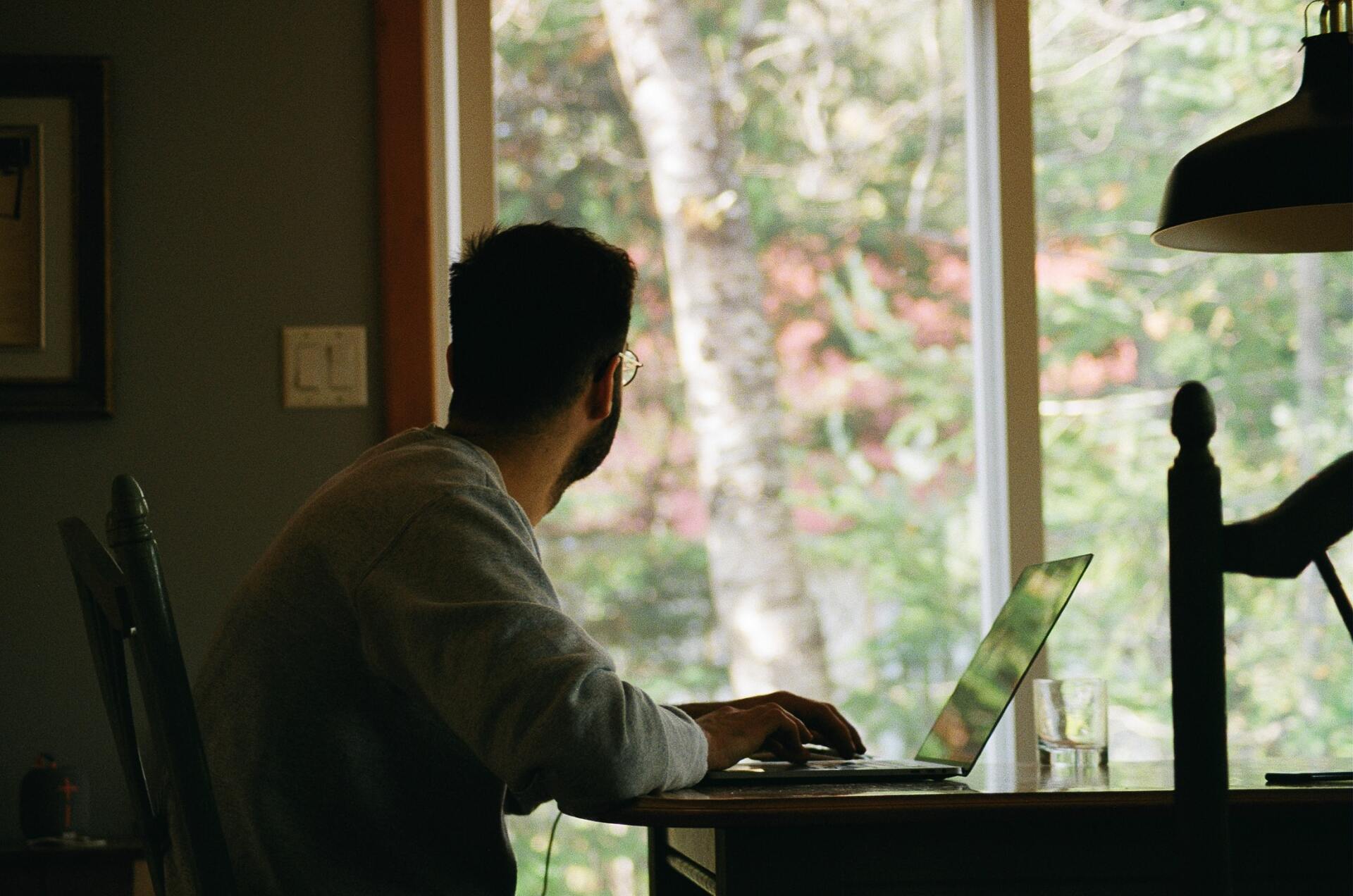
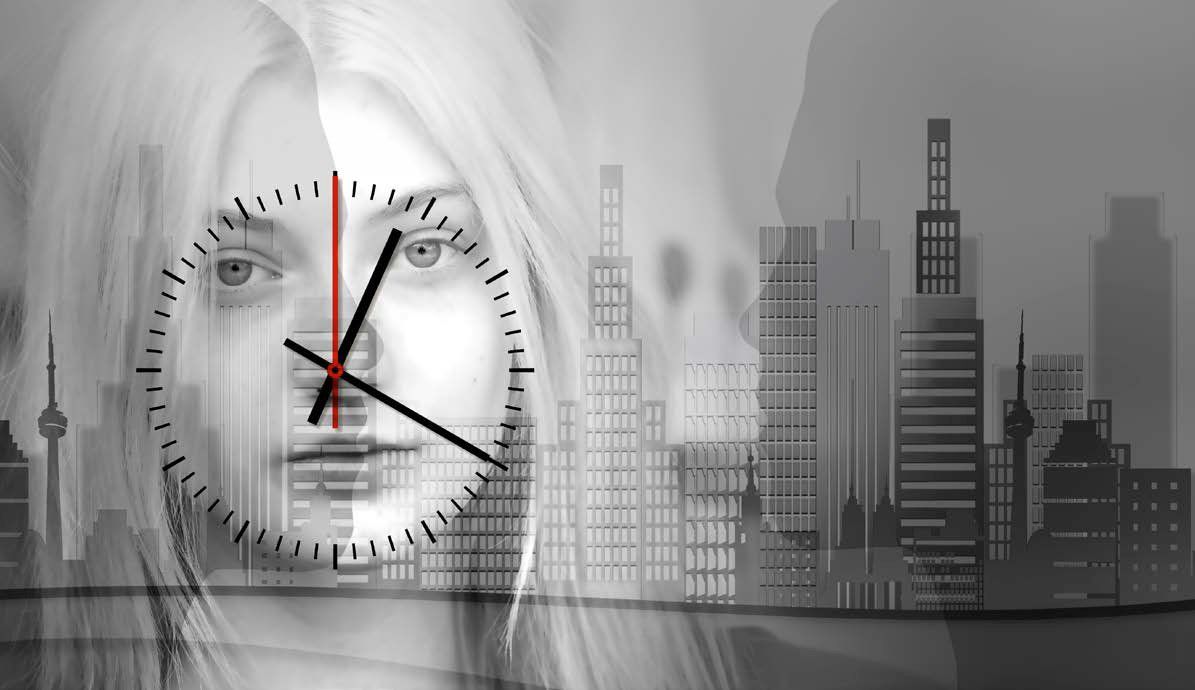
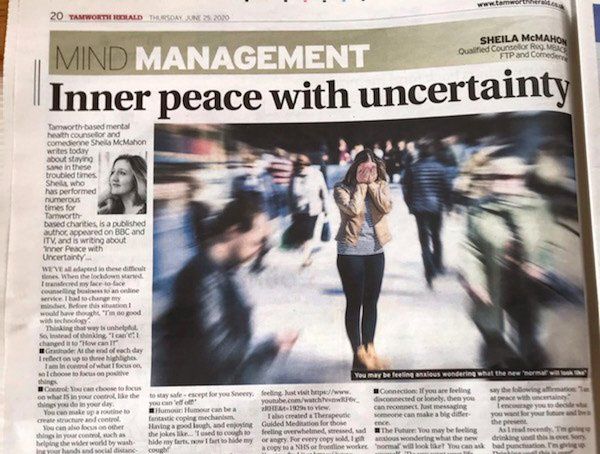
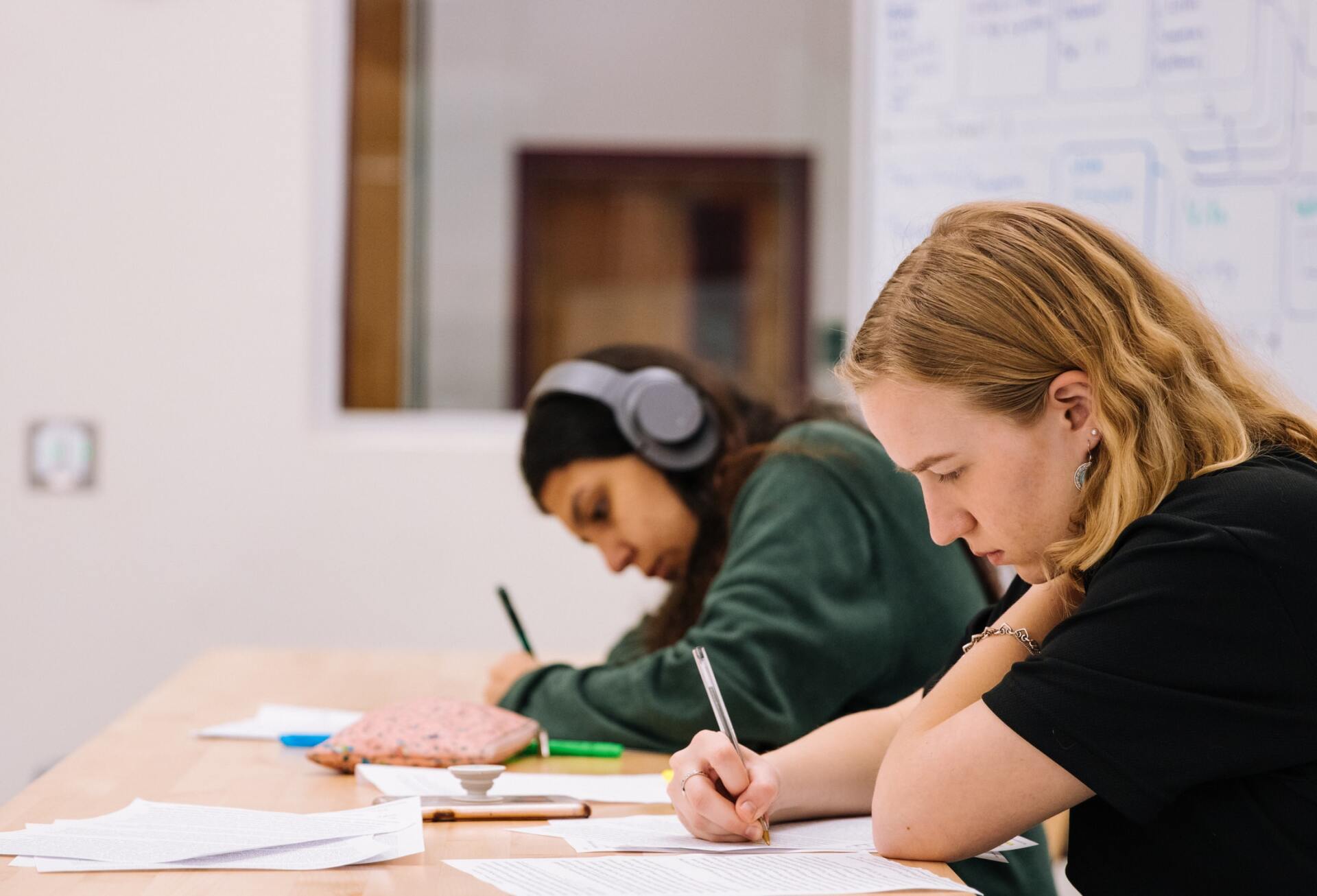
Depression · Abuse · Bullying · Anxiety · Stress · Imposter Syndrome · Mindfulness · Eating disorders · Destructive patterns in the workplace · Communication · Work-life balance · Work relationships · Personal relationships · Relationship with self · Negative thinking · Beliefs and behaviours · Identity of self and others · Self harm · Suicide